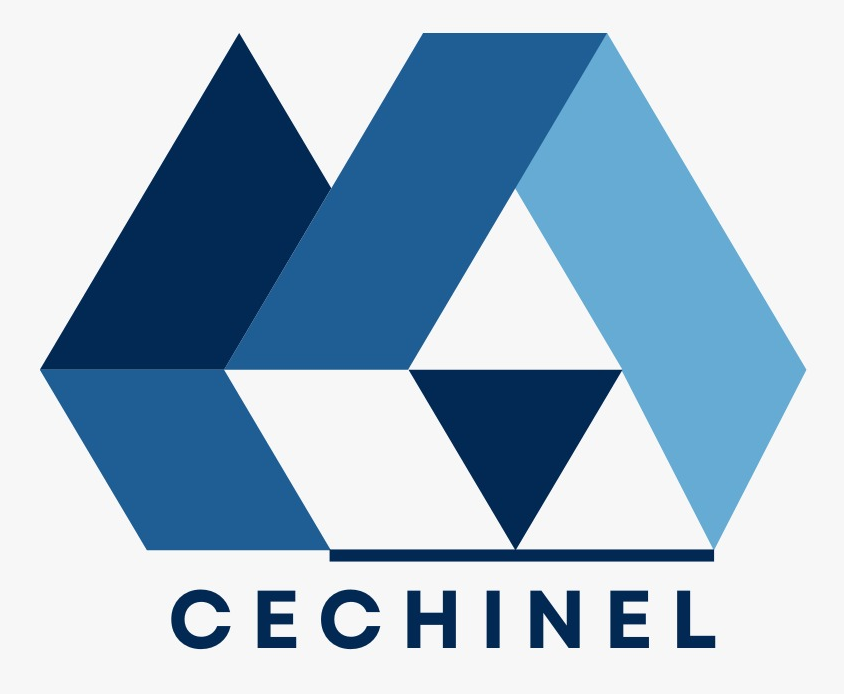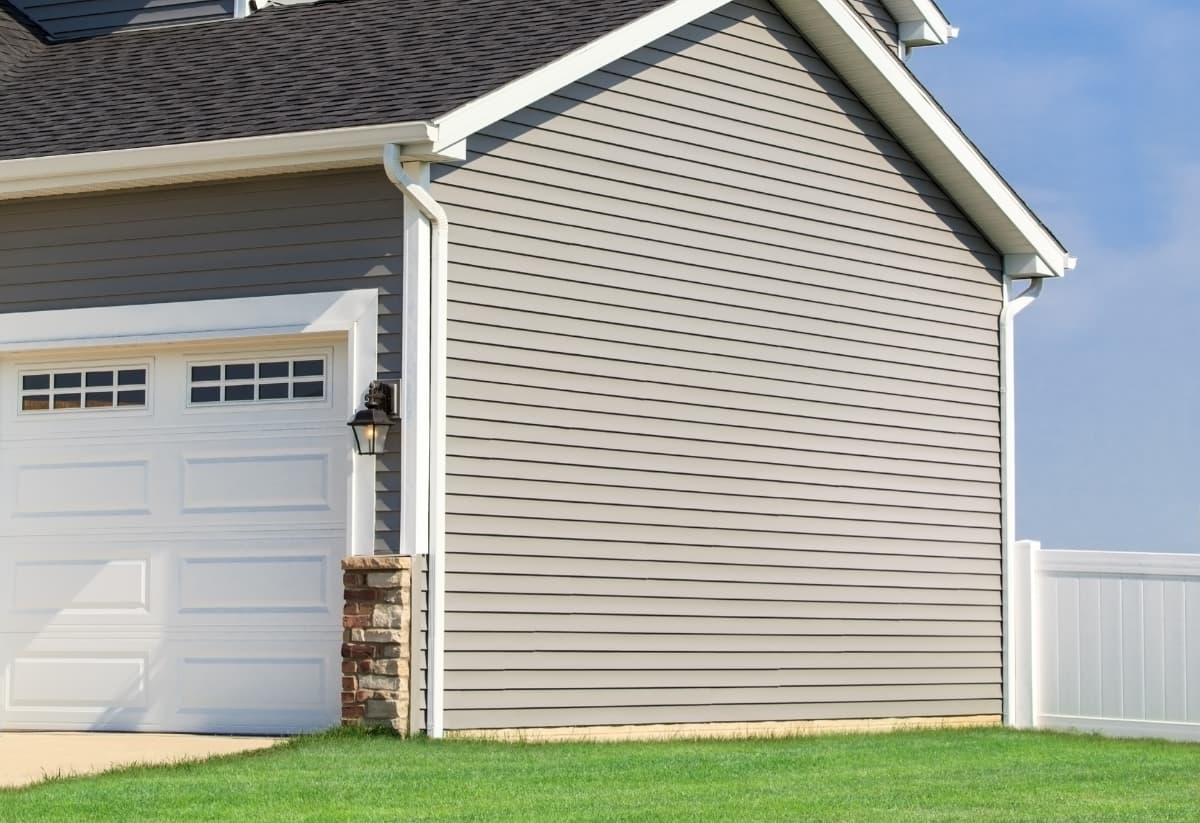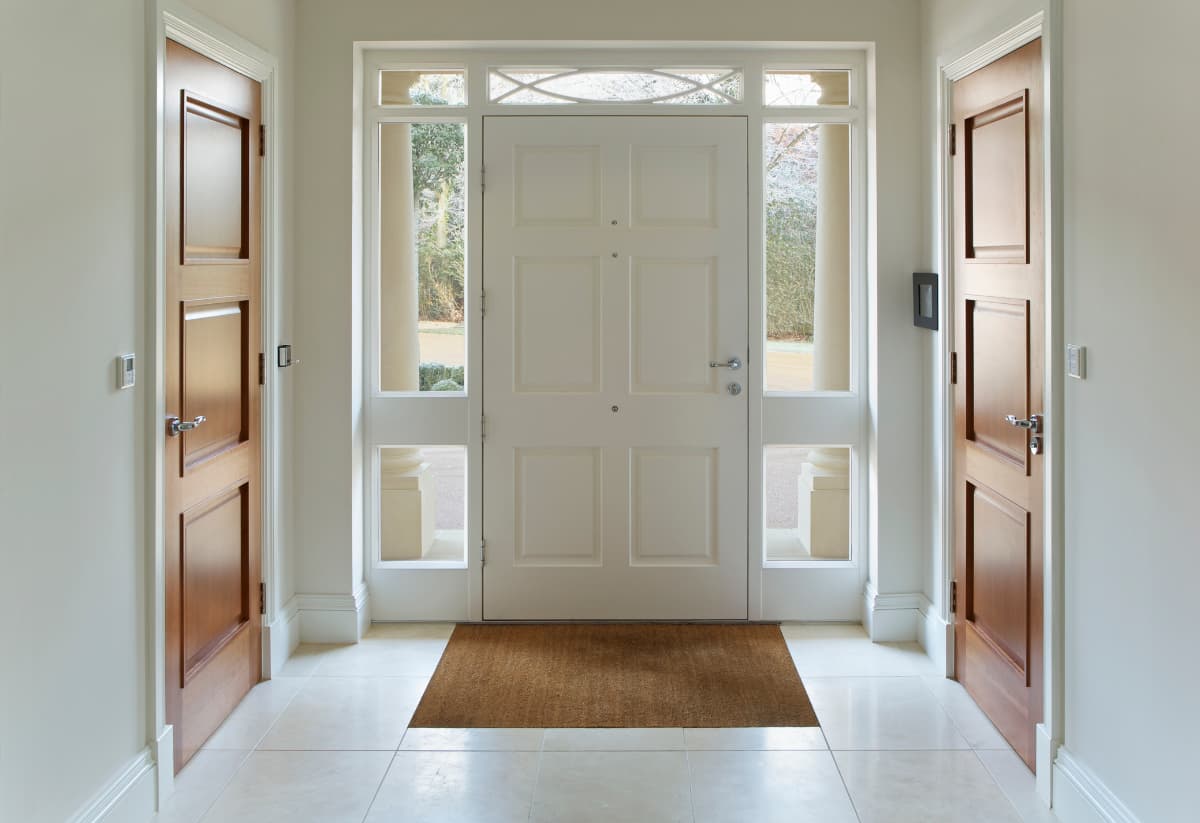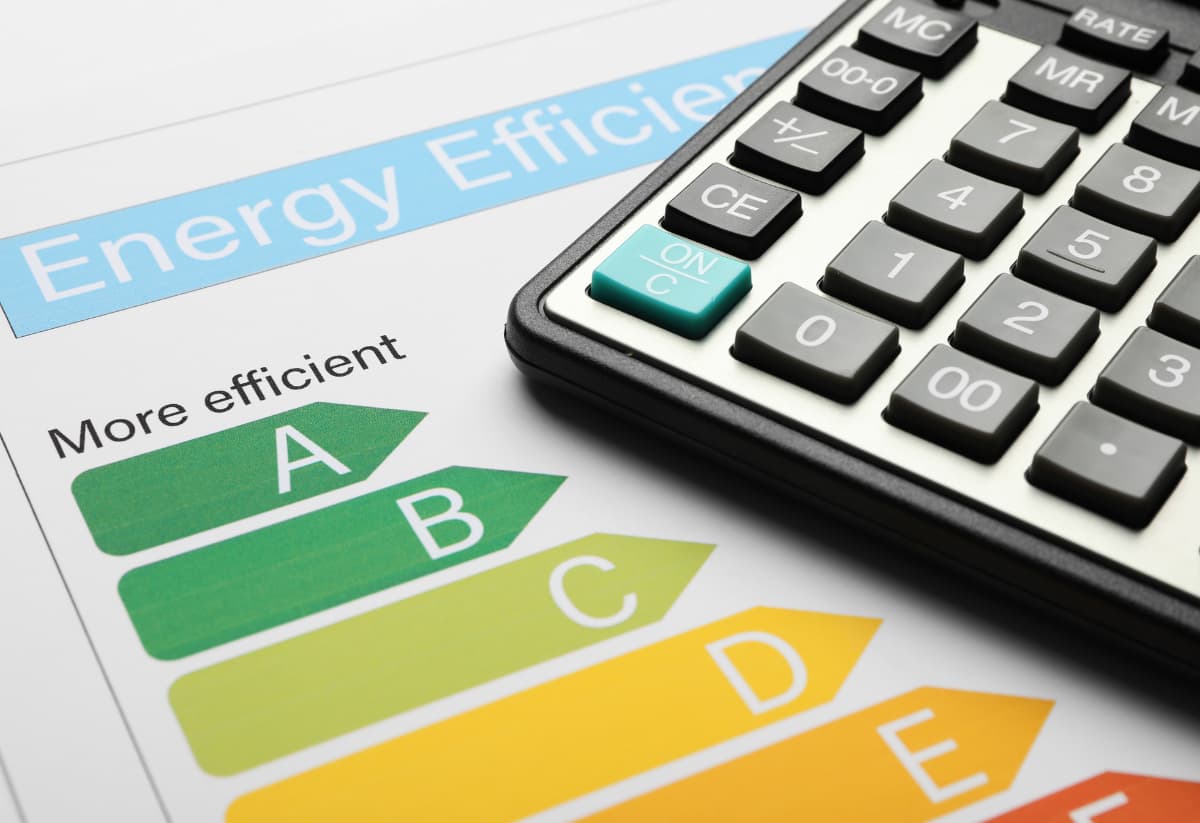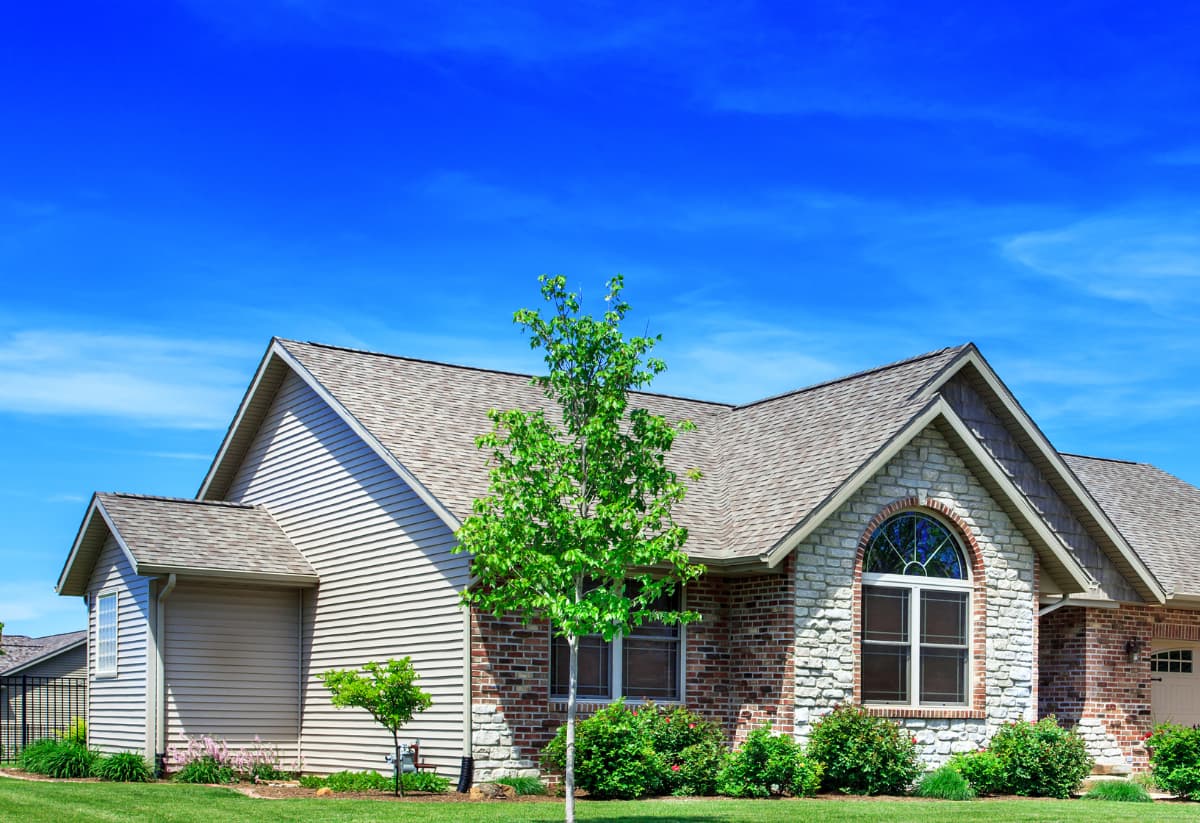
Vinyl vs. Fiber Cement: Which Siding Material is Right for Your Home?
Choosing the right siding material is one of the most important decisions a homeowner can make. It not only defines the look of your house but also plays a crucial role in protecting it from the elements, enhancing energy efficiency, and increasing property value. Two of the most popular options are vinyl siding and fiber cement siding. Both offer distinct benefits and cater to different needs, but which one is right for your home?
In this article, we will compare vinyl siding and fiber cement siding to help you make an informed decision about which material best suits your home’s style, climate, and budget, especially for homes in Boston.
Vinyl Siding: The Affordable and Low-Maintenance Choice
Vinyl siding has been a staple for homeowners across the U.S., including Boston, for decades. Its popularity comes from its affordability, versatility, and ease of installation. Vinyl siding is available in a variety of colors, textures, and styles, making it a flexible option for homeowners looking to refresh their home’s exterior without overspending.
Advantages of Vinyl Siding:
- Affordability
One of the main reasons homeowners choose vinyl siding is the cost. It is significantly cheaper than other siding options, making it a popular choice for budget-conscious projects. Vinyl siding typically ranges from $2 to $7 per square foot, depending on the style and quality. - Low Maintenance
Vinyl siding requires very little upkeep compared to other materials. A quick rinse with a garden hose can remove most dirt and debris, and it doesn’t need to be painted or sealed over time. This makes vinyl an attractive option for busy homeowners who don’t want to invest time and money in frequent maintenance. - Durability
Modern vinyl siding is designed to withstand harsh weather conditions, including Boston’s cold winters and hot, humid summers. It’s resistant to rot, insects, and mold, which contributes to its long-lasting durability. Most vinyl sidings come with warranties that can last 20 to 40 years. - Energy Efficiency
While vinyl siding itself isn’t the most energy-efficient material, many contractors offer insulated vinyl siding options. These insulated panels help reduce energy loss by keeping your home warmer in the winter and cooler in the summer, which can lower your utility bills.
Drawbacks of Vinyl Siding:
- Appearance
While vinyl siding can mimic the look of wood or other materials, it often doesn’t have the same high-end appeal. For homeowners looking for a more premium, authentic look, vinyl may fall short in comparison to other options like fiber cement. - Expansion and Contraction
Vinyl is more susceptible to expansion and contraction due to temperature changes, which can cause warping or cracking if not installed properly. This is especially relevant in areas like Boston, where temperature fluctuations can be extreme.
Fiber Cement Siding: The Durable, Stylish Alternative
Fiber cement siding, often referred to as Hardie board (named after the leading brand HardiePlank), is a composite material made of cement, sand, and cellulose fibers. It offers the appearance of natural wood or masonry, while being much more durable and low maintenance.
Advantages of Fiber Cement Siding:
- Aesthetic Appeal
One of the main reasons homeowners choose fiber cement siding is its high-end look. Fiber cement can convincingly replicate the appearance of wood, stone, or stucco, giving your home an elegant, traditional aesthetic. This makes it an ideal choice for historic homes or homeowners seeking a premium exterior finish. - Durability
Fiber cement is known for its exceptional durability. It can withstand extreme weather conditions, including Boston’s cold winters, heavy snow, and high winds. It’s also resistant to fire, pests, and rot, providing long-term protection for your home. - Longevity
Fiber cement siding can last up to 50 years with proper care, making it one of the longest-lasting siding materials available. Its durability and resistance to damage mean fewer repairs and replacements over time. - Minimal Maintenance
While fiber cement does require some maintenance, it’s far less than what you would need for wood siding. It typically only needs to be repainted every 10 to 15 years, and routine cleanings with a garden hose can help keep it looking fresh.
Drawbacks of Fiber Cement Siding:
- Higher Cost
The biggest drawback of fiber cement siding is the price. It is more expensive to purchase and install than vinyl siding, typically ranging from $5 to $10 per square foot. Additionally, installation requires more specialized skills, which can drive up labor costs. - Heavier Material
Fiber cement siding is significantly heavier than vinyl, making it more challenging to install. This can increase the overall installation time and cost, and it may not be suitable for all home structures due to its weight. - Maintenance
Although it requires less maintenance than wood, fiber cement does need to be repainted over time. Additionally, because it is a heavier material, any necessary repairs may be more costly than with vinyl siding.
Which Siding Material is Right for Your Boston Home?
When deciding between vinyl and fiber cement siding, the best choice will depend on your priorities—whether they are based on cost, aesthetics, or durability.
- If you’re on a budget and want a low-maintenance, durable solution, vinyl siding is the way to go. Its affordability and ease of upkeep make it an excellent choice for Boston homeowners who want to update their home’s exterior without a hefty price tag.
- If you’re looking for premium aesthetics and long-lasting durability, fiber cement siding may be the better option. While it comes at a higher upfront cost, its impressive longevity and ability to withstand harsh weather make it a worthwhile investment, especially in Boston’s diverse climate.
Get Expert Help from Cechinel Siding & Windows
Choosing the right siding material for your home can be a big decision, but you don’t have to make it alone. At Cechinel Siding & Windows, we’ve been helping Boston homeowners for over 20 years, providing expert siding installation and replacement services. Whether you’re leaning toward vinyl or fiber cement, our team can guide you through the process, ensuring you make the best choice for your home and budget.
Contact us today to schedule a consultation and discover the best siding solution for your home!
